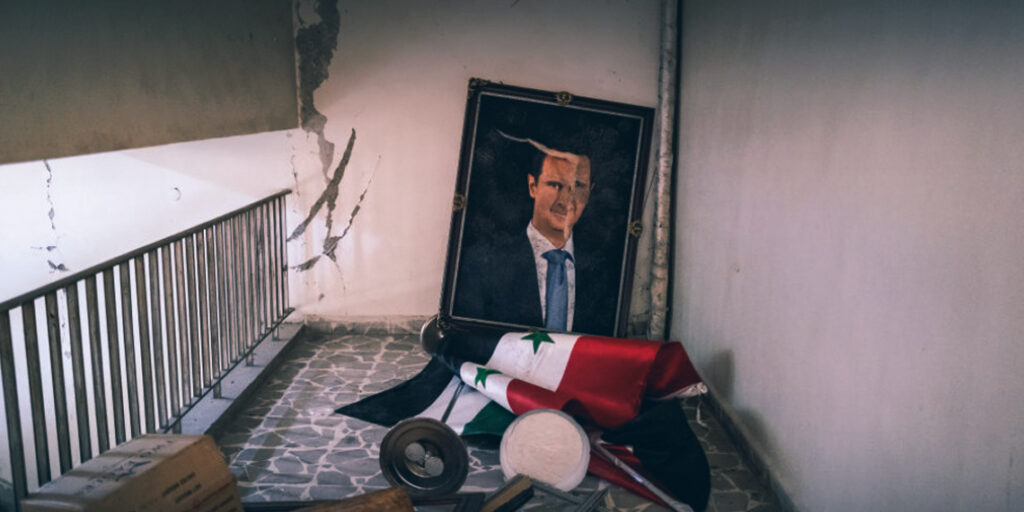Fallen Syrian leader Bashar al-Assad reportedly has over £55 million sitting in a London bank account, a sum that has drawn fresh scrutiny from human rights advocates and UK officials.
The account is said to be part of a larger £163 million stashed in UK banks by Assad, his family, and his inner circle.
The funds in question have reportedly grown significantly since they were first frozen under UK sanctions imposed in 2011.
At that time, Assad’s account with HSBC held around £40 million, but interest accrued over the years has raised the total to more than £55 million.
Despite being frozen, such assets remain under the legal ownership of the sanctioned individuals, barring access but not transferring ownership to the UK Government.
The London account is believed to represent just a fraction of the Assad regime’s vast wealth. Estimates suggest Assad’s total assets exceed £12.5 billion, including 200 tonnes of gold, luxury properties across the globe, and an extensive business network spanning the Middle East. His uncle, Riffat al-Assad, also had UK-based assets frozen, including a £26 million townhouse in Mayfair.
There is mounting pressure on the UK Government to use the Proceeds of Crime Act 2002 to seize Assad’s frozen funds and redirect them to Syria’s recovery.
This legislation enables the recovery of criminal assets through civil proceedings, even if no conviction is secured.
Prominent figures, including former Conservative leader Sir Iain Duncan Smith, have urged the government to act decisively to support Syrian victims.
Former Shadow Chancellor John McDonnell echoed these calls, demanding swift action to freeze and restore Assad’s wealth to the Syrian people.
Human rights organisations have also voiced their demands. Razan Rashidi, of the Syria Campaign, emphasised the moral imperative of returning these funds to address the country’s dire humanitarian crisis.
Groups like Redress have argued that failing to repurpose the funds for Syrian victims effectively allows the UK to profit indirectly from human rights violations.
Although there is widespread agreement that these funds should benefit the Syrian people, no legal framework currently exists to direct such assets to victims of the Assad regime.
Advocates argue that the UK must establish mechanisms to ensure confiscated funds are used for humanitarian aid and rebuilding efforts in Syria.
The Assad regime’s frozen millions represent an opportunity for the UK to support the Syrian people after years of conflict and devastation.
With no resolution in sight for the country’s crisis, seizing these funds could provide much-needed resources to alleviate humanitarian suffering and pave the way for justice and accountability.


